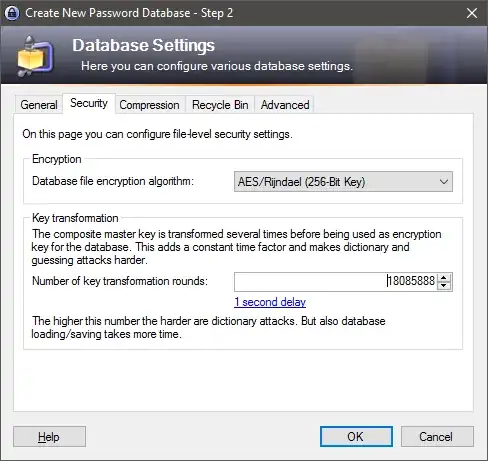I need to store multiple PDF files with sensitive information in OneDrive (consumer, not business version). However I am worried about the security risks in doing so.
I could secure the PDFs with a strong password with AES256, but given the scenario that OneDrive gets compromised and my documents are leaked, it would only be a matter of time before someone can eventually crack the PDF passwords and read the contents of the PDF files. If a hacker is already in possession of the files, there is no way I can stop him from cracking the PDF password.
So if OneDrive gets compromised, how can I make sure that the PDF files cannot be read by an unauthorized person?
